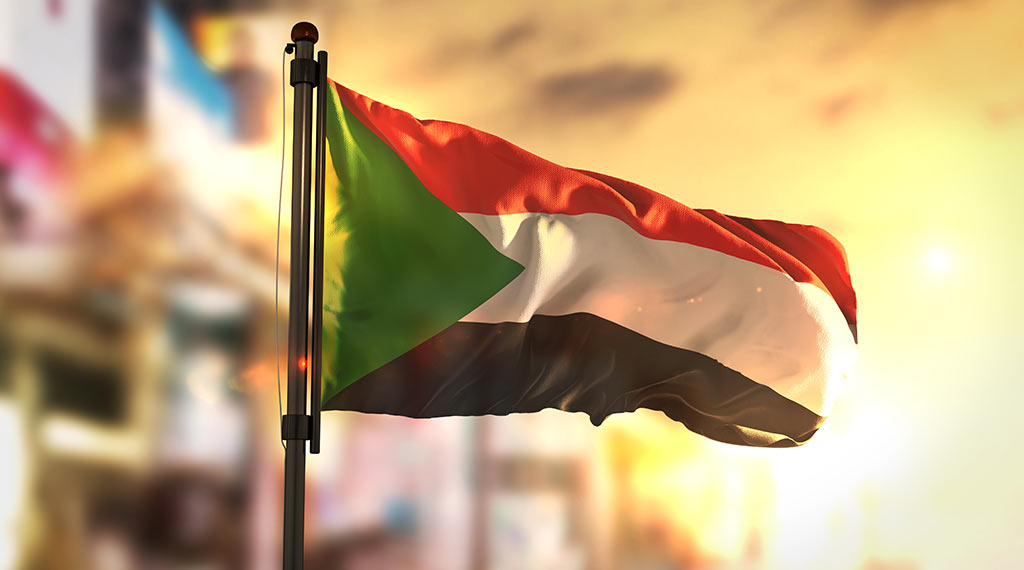
While the Biden administration’s motivations for brokering the Sudanese agreement may be in part based on international perceptions, the Gulf is coming from a different angle.
On November 21, the Sudanese military signed a deal with civilian Prime Minister Abdalla Hamdok, nearly one month after they detained him under house arrest following a coup. In the weeks leading up to the agreement, security forces gunned down dozens of protesters on the streets of Khartoum, with various civilian political leaders remaining under arbitrary house arrest. Upon his release, Hamdok praised the agreement reached with his captors, but the full content of the deal has yet to be released. Despite this, the United States and various Gulf states were quick to applaud the agreement as a success. While the United States and Gulf states are eager for other countries to recognize their contributions to a seemingly democratic agreement, their motivations are distinct and contradictory.
- America’s Supercarriers Are Back in Force in the Pacific - December 30, 2025
- Israel’s $2 Iron Beam Laser Could Disrupt Missile Warfare - December 23, 2025
- US Stands Up New Drone Strike Force in the Middle East - December 9, 2025
